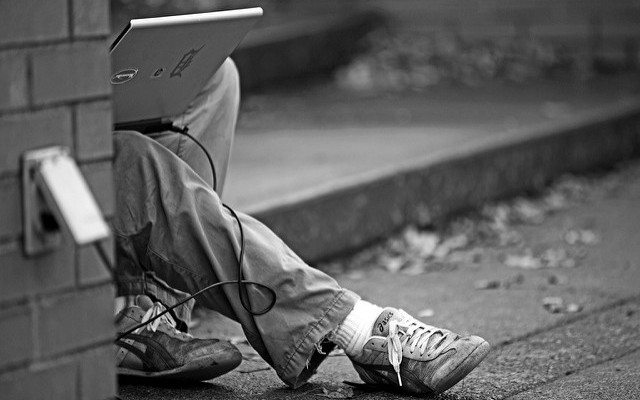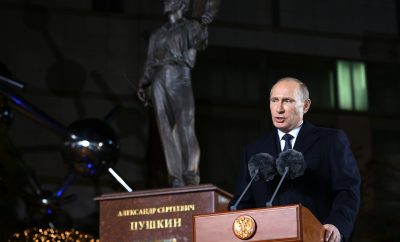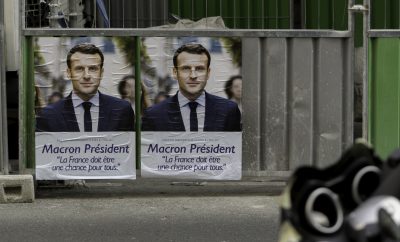 Power of One Courtesy of [Ian Sane via Flickr]
Power of One Courtesy of [Ian Sane via Flickr]
News
The Panama Papers: What You Need to Know
On Sunday, the International Consortium of Investigative Journalists (ICIJ) published a massive leak of legal documents dubbed the “Panama Papers,” easily surpassing the Pentagon Papers, Snowden’s global surveillance documents, and WikiLeaks’ Cablegate to become the biggest data leak in whistleblower history.
The extensive leak dispensed decades of confidential offshore banking records for the rich and famous, resulting in the financial scrutiny of many high profile world leaders.
Here are some of the key facts you need to know.
What are the Panama Papers?
The “Panama Papers” are a collection of more than 11 million confidential internal documents that were leaked from the prominent Panamanian law firm Mossack Fonseca. The leak, which included 4.8 million emails, 3 million folders, and 2.1 million PDFs, according to the Daily Beast, exposed 40 years worth of shady offshore business dealings from some of the world’s most influential celebrities, public figures, and political power players.
Notable names like Russian President Vladimir Putin, Icelandic Prime Minister Sigmundur Gunnlaugsson, Ukrainian President Petro Poroshenko, FIFA’s Ethics Committee member Juan Pedro Damiani, action movie star Jackie Chan, and Spanish soccer player Lionel Messi all used Mossack Fonesca to hide their money using shell corporations in offshore “tax havens”–and they’re just the tip of the iceberg.
Investigators suspect that Putin was the primary target of the data leak. The large number of the records seemingly confirmed the existence of the hidden money network of the Russian leader’s inner circle, revealing that “as much as $2 billion has been secretly shuffled through banks and shadow companies linked to Putin’s associates.”
How did they get leaked?
The documents were first leaked to Süddeutsche Zeitung reporter Bastian Obermayer by an anonymous whistleblower who contacted him via an encrypted chat in late 2014. Obermayer then enlisted the help of ICIJ to coordinate an intensive investigation into the documents, the findings of which were later shared with over 100 media outlets.
What is a shell corporation?
A shell corporation is a company used to hide assets for an individual with very minimal government oversight. Often times these companies are established in countries or regions known as “tax havens,” where personal and business taxes are very low or even non-existent. That allows individuals to pay significantly less money in taxes than they would in their home countries.
Still don’t get it? Watch these two Fusion explainers narrated by a pro-wrestler and a porn star to learn more.
Is it illegal?
Moving your money into an offshore bank account as a means to avoid international law enforcement or tax collectors sounds super shady, but technically speaking it isn’t illegal. That being said, often times individuals with shell corporations use these companies to hide away illegally sourced assets. According to CNN, the ICIJ has stated that “the files include people and companies that the U.S. has blacklisted due to drug trafficking and terrorism links.”
What will happen next?
For the most part, the accused have begun responding to the allegations with a mix of denial and silence since news of the data leak broke. Gunnlaugsson has resigned amid protests, and the Kremlin called the leak “a series of fibs” and a smear campaign ahead of legislative elections in September and presidential elections in 2018. Mossack Fonseca also responded by releasing a 4-page statement denying any and all claims of legal wrongdoing.
Several countries including Britain, France, Australia and Mexico have also vowed to launch investigations into possible tax evasion for their accused citizens. However, the world’s response is still very much in the early stages. As more information inevitably continues to roll out, we may begin to see more world powers’ political dynamics change.








Comments